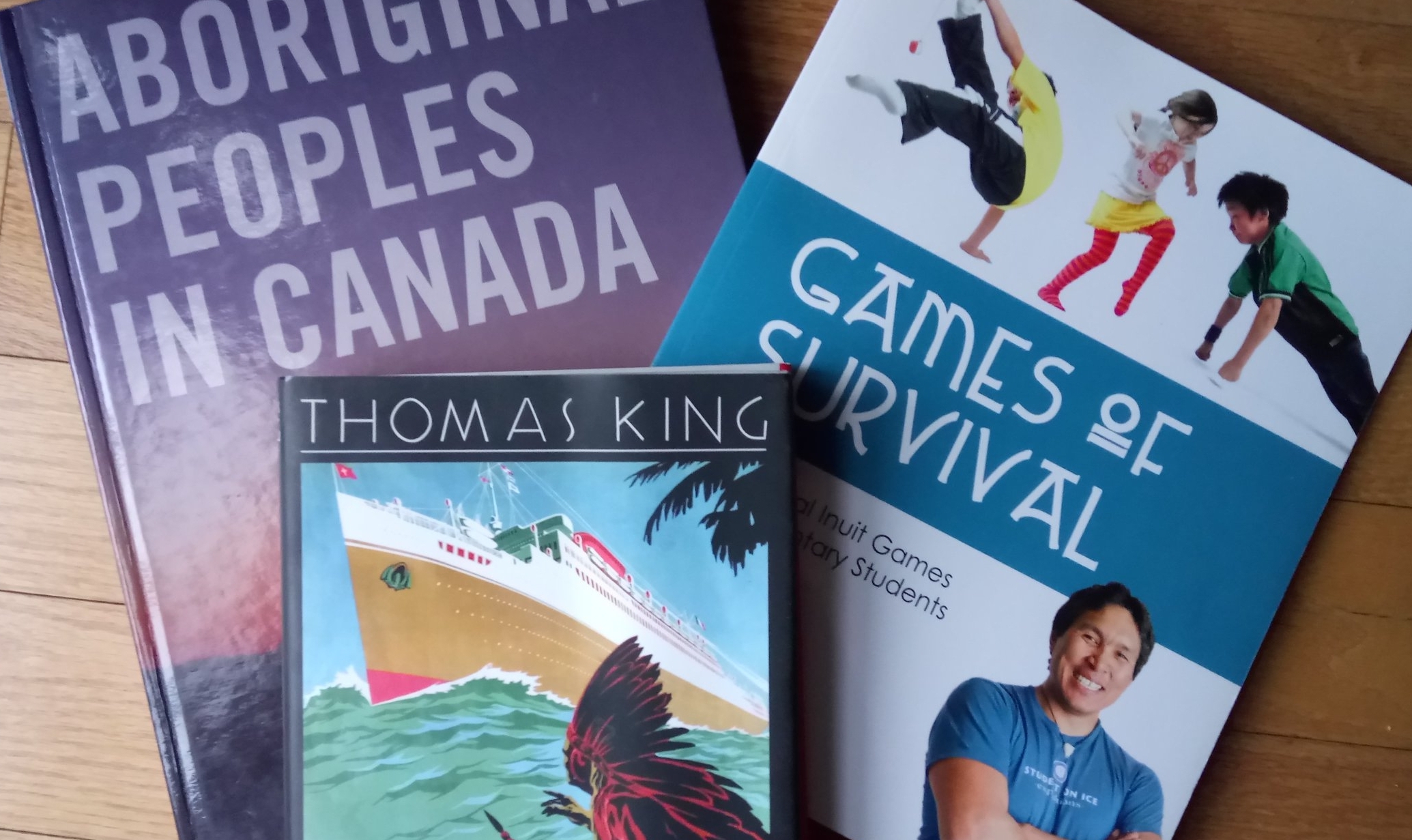One of the traps that I sometimes find myself falling into is using the term Indigenous when really I mean First Nations.
Here are questions I have been sitting with
When I see "FNMI" programming, is it truly inclusive of Métis and Inuit peoples?
When I use the term Indigenous in my teaching, am I following up in a meaningful way with First Nations, Inuit AND Métis histories, communities, cultures, and/or current realities?
When I use the term "First Nations" am I naming the specific Nations I am referring to whenever I can, to highlight the diversity among Nations?
I was reminded of these questions this weekend, when I saw a Facebook post from the Métis Nation of Ontario, inviting educators to online information sessions in March and April. If you are interested in learning more, I have included the screen grab below!
One resource I rely on to learn about the diversity under the banner of Indigenous is the Indigenous Peoples Atlas of Canada. Click here to read my post about this AMAZING resource.
I find I still turn to each of the volumes in this Atlas as a starting point when I want to ensure I am communicating about the diversity that is encompassed by the term Indigenous.

